Xianfeng Gao
Unrestricted Adversarial Attacks on ImageNet Competition
Oct 25, 2021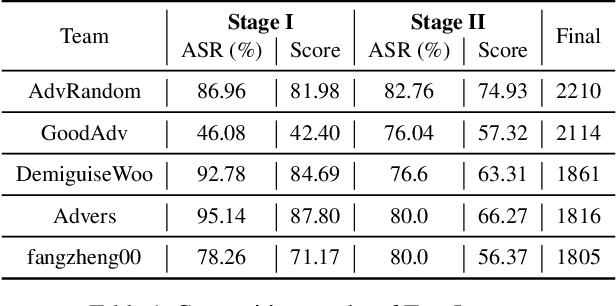

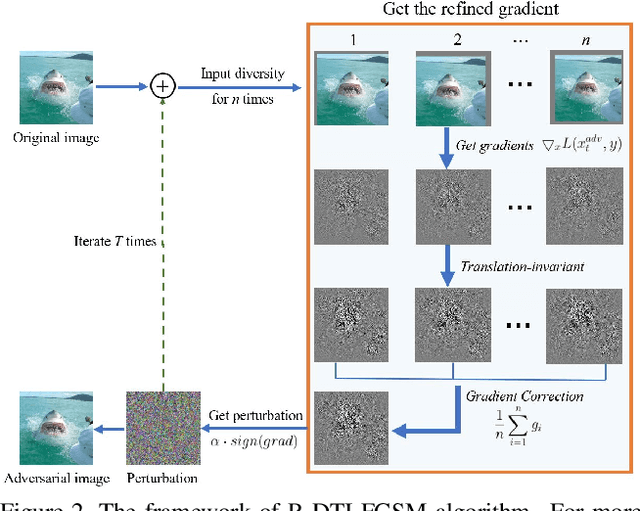
Abstract:Many works have investigated the adversarial attacks or defenses under the settings where a bounded and imperceptible perturbation can be added to the input. However in the real-world, the attacker does not need to comply with this restriction. In fact, more threats to the deep model come from unrestricted adversarial examples, that is, the attacker makes large and visible modifications on the image, which causes the model classifying mistakenly, but does not affect the normal observation in human perspective. Unrestricted adversarial attack is a popular and practical direction but has not been studied thoroughly. We organize this competition with the purpose of exploring more effective unrestricted adversarial attack algorithm, so as to accelerate the academical research on the model robustness under stronger unbounded attacks. The competition is held on the TianChi platform (\url{https://tianchi.aliyun.com/competition/entrance/531853/introduction}) as one of the series of AI Security Challengers Program.
Improving Transferability of Adversarial Patches on Face Recognition with Generative Models
Jun 29, 2021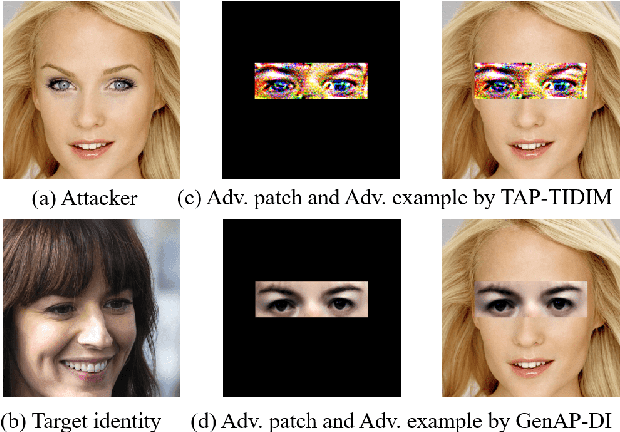
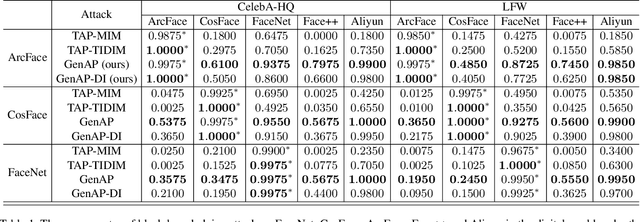
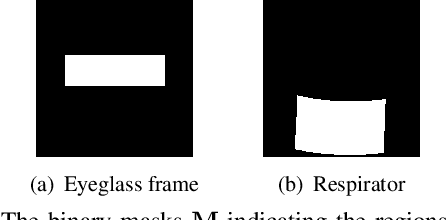
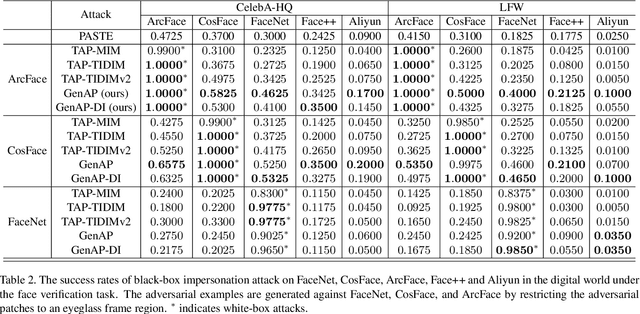
Abstract:Face recognition is greatly improved by deep convolutional neural networks (CNNs). Recently, these face recognition models have been used for identity authentication in security sensitive applications. However, deep CNNs are vulnerable to adversarial patches, which are physically realizable and stealthy, raising new security concerns on the real-world applications of these models. In this paper, we evaluate the robustness of face recognition models using adversarial patches based on transferability, where the attacker has limited accessibility to the target models. First, we extend the existing transfer-based attack techniques to generate transferable adversarial patches. However, we observe that the transferability is sensitive to initialization and degrades when the perturbation magnitude is large, indicating the overfitting to the substitute models. Second, we propose to regularize the adversarial patches on the low dimensional data manifold. The manifold is represented by generative models pre-trained on legitimate human face images. Using face-like features as adversarial perturbations through optimization on the manifold, we show that the gaps between the responses of substitute models and the target models dramatically decrease, exhibiting a better transferability. Extensive digital world experiments are conducted to demonstrate the superiority of the proposed method in the black-box setting. We apply the proposed method in the physical world as well.
 Add to Chrome
Add to Chrome Add to Firefox
Add to Firefox Add to Edge
Add to Edge